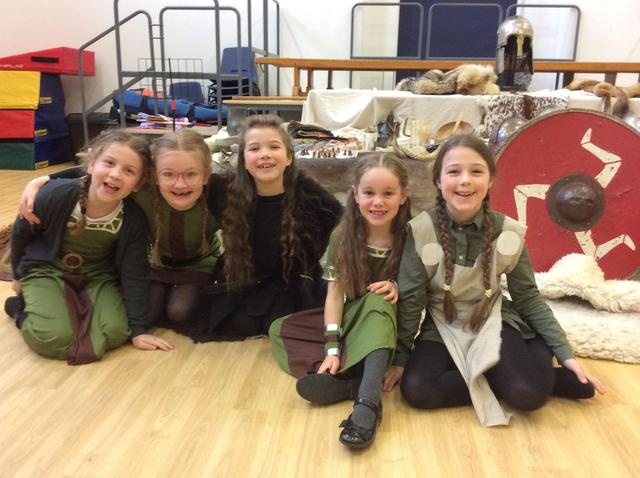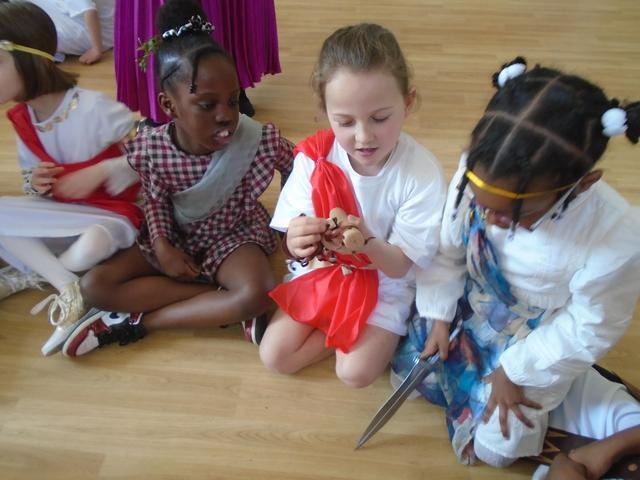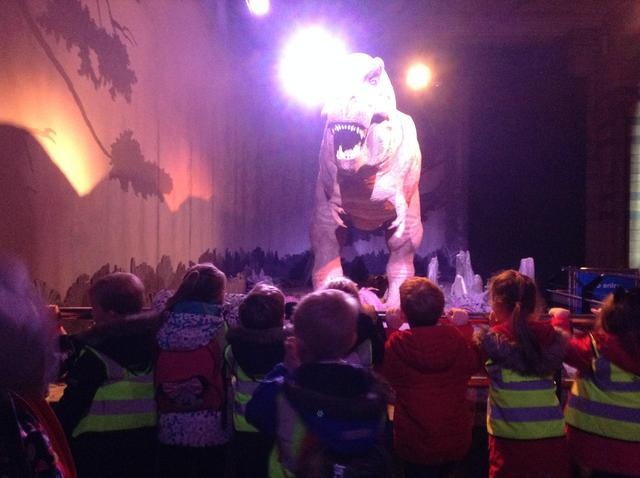History

The more you know about the past, the better prepared you are for the future.
Theodore Roosevelt, American President
An introduction from our History Lead - Miss Black
History
Intent
At Longlands, our intent is that our teaching of History will enable our pupils to gain a coherent knowledge and understanding of Britain’s past and that of the wider world. Our teaching aims to inspire children’s curiosity about the past, and stimulate critical thinking, so that pupils begin to form their own questions about events of the past, and the lives of historically significant individuals.
We intend for our pupils’ History lessons to enrich them with real life experiences, so that they can discover History in an active and creative way which will allow them to apply the skills they have been taught.
Implementation
The History teaching at Longlands is underpinned by 3 overarching themes that run through all of the History content topics that are taught. These are civilisation, trade and monarchy/democracy. During their time at Longlands, pupils will engage in discussions of historical interpretation and enquiry, that will help children to understand the complexities of people’s lives, the process of change, the diversity of societies and relationships in Britain and the wider world. Children will also engage in topics sensitive to their own interests, including discussions about their own identities, political, social and cultural challenges in their time and the rich history of their own locality. Through the Power of Reading, our curriculum aims to allow children to develop their own skills as historians. Lessons encourage children to draw upon their prior learning and encourages reference to the chronology of events, by creating and observing timelines to deepen pupils’ understanding of how their History topics fit together over time, and furthermore examine the possible impact of these events. As Longlands is a one and a half form entry school and some children are taught in mixed year groupings, the children are taught the content of the curriculum in a 2 year cycle, thus ensuring that knowledge is embedded and secure.
Alongside the teaching of History knowledge children are also taught key skills to support them in becoming historians. These are:
- Chronological Understanding;
- Knowledge and understanding of events, people and changes in the past;
- Connection and Historical Links;
- Interpretations of History;
- Historical Enquiry.
Wherever possible we link our History lessons to our Power of Reading texts and often lessons will include exploring links to Geography and other subject areas such as Art. Where possible, children will have a hands-on approach to enhance their learning, through examining artefacts, visiting museums, reading real historical accounts and outreach programmes, such as talks from historical experts.
Impact
Through their study of History, children will have developed skills that will enable them to ask perceptive questions, think critically and weigh the accuracy of evidence, sift arguments and develop judgements based on their current and prior learning.
As a result, pupils at Longlands will be able to speak with confidence about different aspects of people’s lives and how they have been impacted upon by significant events, as well as how ancient civilisations and empires have progressed with the passing of time.
We measure progress and attainment in History through the use of questioning within lessons, evidence in books and the end of unit assessment activity which involves enquiry skills and the study of artefacts.
The subject leader and members of SLT carry out learning walks, pupil voice sessions and book scrutinies.
History at Longlands
Helpful Links
Explore these useful websites, watch videos and play games to help you learn more about your History topics!
BBC Bitesize - How can I be a Historian?
BBC Bitesize KS2 Learn and Revise
BBC Bitesize KS1 Learn and Revise
BBC School Radio Primary History











